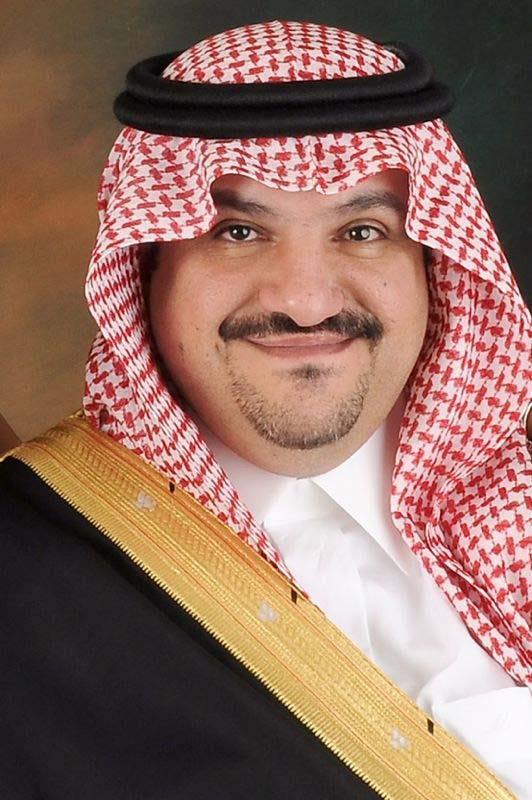The figurative lobby to the Tadawul All Shares Index (TASI), Saudi Arabia’s stock market, is filling up with eager investors. Intrigued by the $387 billion Saudi stock market (three times the UAE bourses combined) and the $727 billion Saudi economy, many of them think… Brazil; whose fully accessible stock market’s capitalization exceeds $1 trillion.
While currently stymied by restrictions that allow non-resident foreigners outside of GCC states to access the TASI only through equity swaps and exchange-traded funds, there is a growing sense that change is not too far off and many investors are putting down stakes.
Morgan Stanley and Credit Suisse Group AG are shifting their regional equities bases to Riyadh from Dubai, while VTB Capital Plc, the investment banking unit of Russia’s second- largest lender, said it is considering setting up shop in Riyadh. Deutsche Securities is just one of 30 brokerages in the kingdom, according to Saudi bourse data.
“I am convinced that the market will open up to foreign investors and part of me is very optimistic it’s going to be soon,” Jamal Alkishi, chief executive officer of Deutsche Securities Saudi Arabia, said in an interview in his Riyadh office Feb. 11. “I think the leadership sees the benefits of doing so, but they just want to make sure that every facet is examined and thoroughly understood before plunging into this.”
“There’s tremendous appetite,” Simon Cooper, chief executive of HSBC’s Middle East business, told Bloomberg. “I’d say 12 to 18 months. Steps are being taken at the appropriate places to open the market up… I think there’s a strong desire to see it happen from both sides – buyer and seller.”
Sharif Atta, partner with SQM Frontier Management LP and portfolio manager of the Middle East strategy at SQM, also sees benefits to increased access. “The Saudi Arabian service sector is of particular interest to investors and there are many well managed and attractively valued companies on the Tadawul which are exposed to this theme. We feel the market has been inefficient in valuing these businesses primarily because retail investors dominate trading on the exchange.”
John Burbank, founder of $3.7 billion San Francisco-based hedge fund Passport Capital LLC, said, “The place that we probably have by far the biggest weight relative to other people would be Saudi Arabia.” The nation is the fund’s “favorite emerging market,” he said. Passport has invested 17 percent of its capital in the bourse and sees a potential opening in the next year.

Mohammad Al al-Sheikh, head of Capital Markets Authority. Photo courtesy of Yahoo.
Most analysts believe opening Saudi Arabia’s equities markets to foreign investors would be a win-win situation – some estimate $30 billion of inflows buoying both the economy and existing shareholders,
Contributing to the sense that change is not too far off are recent appointments to key regulatory positions. In December 2011 Fahad Al-Mubarak was named Governor of the Saudi Arabian Monetary Agency. Al-Mubarak is a capable, market-savvy figure who was formerly chairman of the TASI as well as Chairman and Managing Director of Morgan Stanley Saudi Arabia. For more on Fahad Al-Mubarak see original SUSTG Analysis posts Baseball and Saudi Economic Policy and Opening the TASI: What you need to Know.
Especially interesting was the appointment just last month of Mohammad Al al-Sheikh to be the new head of the Capital Market Authority. Al al-Sheikh previously worked at the World Bank and has expertise in in mergers and acquisitions as well as capital markets.
“He knows the regulations and knows how keen international investors are to be exposed to the Saudi business,” commented Jamal Alkishi, chief executive officer of Deutsche Securities Saudi Arabia.
“Mohammad al-Sheikh has a lot of experience that would be perfectly suited for opening up the market,” said Trevor McFarlane, a senior editor at the Economist Intelligence Unit, based in Dubai.
So it’s going to happen soon, right? If 12-18 months is soon, it’s probably a reasonable bet. “I wouldn’t expect it this year – but next year, why not? The trend is there,” said Petr Molik, the head of the research division at Menacorp, based in the UAE.
But what kind of opening will it be? Molik said he anticipated restrictions similar to those in other GCC markets such as the UAE. “I don’t expect it will fully open. They would put in place some restrictions on foreign ownership. I would expect some limits – 30, 40 or 50 percent maximum ownership [in individual companies].”
Molik also said any market reforms would stop short of allowing hostile takeovers of Saudi firms by foreign investors. “I wouldn’t expect in five to 10 years for it to be as liberalized as the US or European markets,” he said.
Failaka Partners adds, “It is highly unlikely that the CMA will open up all sectors equally. The sectors which foreign investors find attractive are the sectors the CMA will consider too important to let foreigners control. Therefore, in these sectors expect limits on foreign ownership or expect the share swaps in these firms to remain in place. The CMA may let foreignerS participate in the rise or fall in the value of these shares, but they will not allow foreign shareholders to have a meaningful vote. Hedge funds may not mind these stipulations, but longer-term money managers will prefer to have equal access to the market. In time, Tadawul is expected to open up to foreign investors, but the key word here is in time.”










